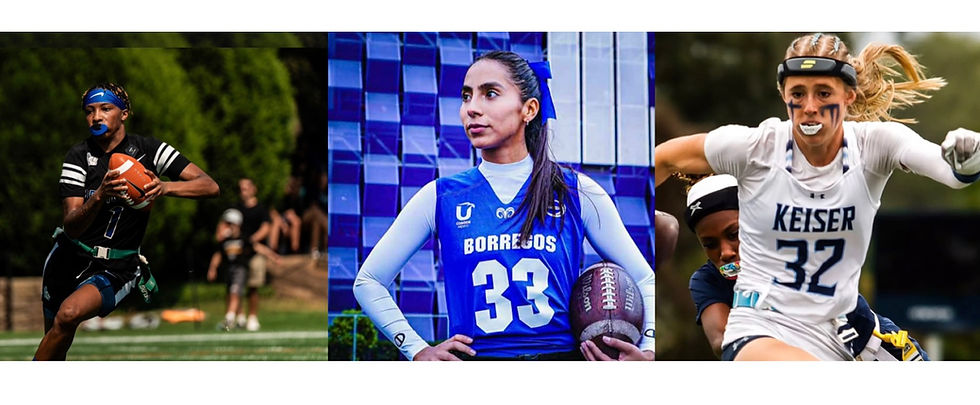Sale of Denver Broncos Freed Up After ROFR Issue Resolved
- Grant Williamson

- Jan 13, 2022
- 3 min read
Updated: Jul 21, 2022
Despite missing the National Football League (“NFL”) playoffs this season, the Denver Broncos have been dominating news headlines recently because of an issue with an asserted right of first refusal, commonly called a “ROFR” in the legal and real estate communities, in a sale of the team.
Team officials and ownership were apparently blindsided (pun definitely intended) when ROFR Holdings Ltd., a Canadian holding company, sent a letter through its attorney informing the organization that if it intended to sell the team, which the organization’s leadership had openly discussed during this NFL season, that ROFR Holdings Ltd. would assert its right of first refusal. But what exactly is a right of first refusal?
Simply put, a right of first refusal is a bargained for, contractual right that allows a party – ROFR Holdings Ltd., in this case – to, in a transaction, step into the shoes of another interested party who has made an offer and either consummate the transaction on the terms proposed by that other interested party or refuse to consummate the transaction on those terms, which would allow that other interested party to consummate the transaction. For example, if you had a right of first refusal to buy my car, I would be well within my rights to offer to sell my car to Peyton Manning for $10,000, but before I could actually sell Peyton the car, you would be able to see that I had an offer of $10,000 to purchase my car and could decide if you wanted to buy my car for $10,000 (in which case the former Super Bowl MVP would have to find a used car elsewhere) or decide that the offer is not worth it (in which case Peyton Manning would be able to buy my car).
Having a ROFR to buy my car versus having a ROFR to buy an NFL franchise is clearly a much more valuable contractual right, and something that the Denver Broncos organization was concerned about in anticipation of a possible sale of the franchise. The alleged ROFR itself dates back to the 1984 sale of the team by Edgar Kaiser to Pat Bowlen. As part of the sale, Kaiser retained a right of first refusal for the team. Kaiser has since passed, as has Bowlen, but before his passing, Kaiser assigned the ROFR to ROFR Holdings Ltd., which his estate owned in part. Or at least that is the factual scenario that ROFR Holdings Ltd. asserted.[1]
To clear things up before any sale was announced, the Denver Broncos organization went on the offensive. The organization filed a lawsuit asserting that the right of first refusal was no longer enforceable by ROFR Holdings Ltd. because it was improperly transferred. The court agreed, with the judge stating that the ROFR “is no longer valid or enforceable in any respect.”[2] While the decision may not seem like much of a win for the Denver Broncos, after all, even with the ROFR, the organization would be able to complete a sale to some party at the end of the day, having the ROFR declared unenforceable is in reality a big win for the organization: the more parties involved in negotiations and discussions (and the ROFR adds at least one more party to all negotiations), the more money that goes to attorneys and other advisors instead of into the pockets of the owners. Plus, having a party with a ROFR can make it harder to pit potential buyers against each other in an effort to increase the ultimate value of the franchise.
For a great discussion of the business terms of the imminent sale of the Denver Broncos franchise, which is now primed to be one of the most expensive sales of a sports franchise ever, check out Joseph Pompliano’s post on Huddle Up.








